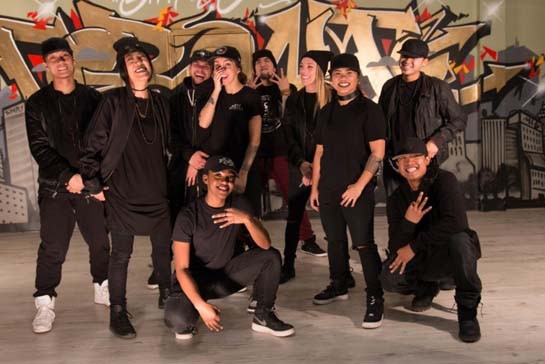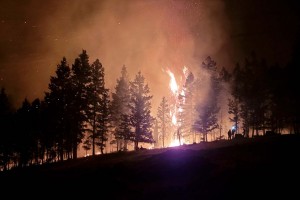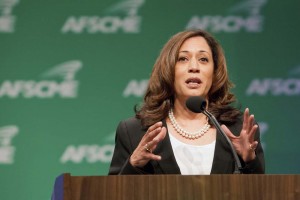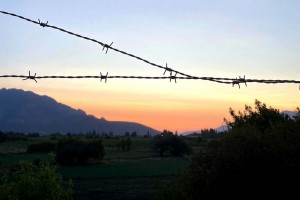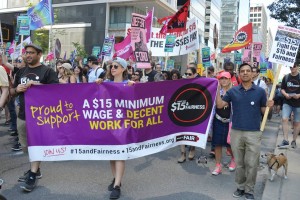A Toronto festival highlighting Indigenous issues as well as reconciliation between Indigenous and non-Indigenous peoples is taking place beginning June 16, presented by Council Fire Native Cultural Centre's Restorative Relations Working Group.
Organizers hope the 4 Directions Reconciliation and the Arts Festival will help educate the general public about the residential school experience, the colonialist policies and attitudes of Canadian government and society, and the 94 Calls to Action on Reconciliation put forward by the Truth and Reconciliation Commission.
Colonialism marks one of the darkest chapters in the history of the nation state that celebrates its 150th anniversary this year. When you consider that residential schools forcibly removed 150,000 children from their families and subjected them to neglect, disease, oppression, and abuse, 150 becomes an especially chilling number.
First Nations people do not want to honour what feels like a celebration of colonialism. Instead, we want to honour the Indian residential school survivor legacy and the restoration of our identity as Indigenous peoples.
Michael Cheena, a festival organizer, is one of those 150,000 Indigenous children who were taken from their families and forced to attend residential schools. He is a survivor.
"My connection to the Indian residential school survivor movement began in 1994," says Cheena. "I filed a lawsuit against the federal government for residential school abuses: the loss of language, the loss of culture, and the loss of identity.
"We were indoctrinated to be Christians in the residential school system. We weren't allowed to practise our Indigenous culture and languages. The goal of this government policy was assimilation — an attempt by the church-run schools 'to kill the Indian in the child.'"
Kevin Harp and Chester Abbotsbury, inter-generational residential school survivors and former federal Native prisoners, recently came to Toronto after serving eight years at Collins Bay Penitentiary in Kingston, Ontario. They will be speaking at the festival to give people a better understanding of why Indigenous people are so over-represented in federal prisons — what many are calling the new residential schools.
Restorative Relations Working Group co-chair Reverend Brian McIntosh sees the 4 Directions festival as an historic opportunity to recognize and celebrate the cultural and artistic contributions of the people of all nations who reside together in this land, and the reconciliation and right relations that we are all called to undertake and build.
"Guided by the promise of the circle and four directions teachings of Indigenous peoples," he writes, "this festival celebrates our collective diversity and urges all participants to honour the presence and gifts of all who live in this region, particularly its first inhabitants, as we strive for harmony and healing."
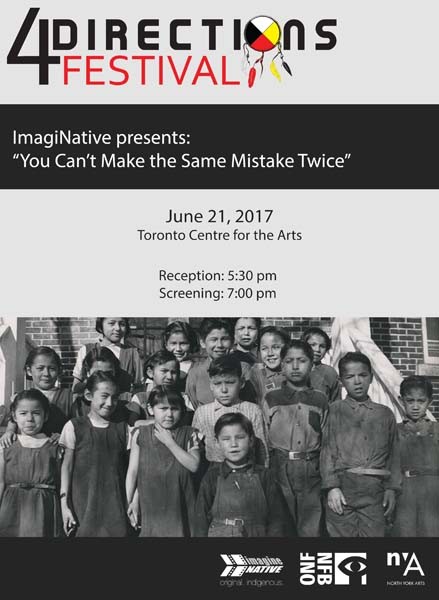
There will be music, theatre, dance, spoken word, mural art, and more, presented indoors and outdoors across Toronto, and ending on June 21 at the Toronto Centre for the Arts.
Check out the event poster: front and back. We hope you join us.
This article was co-written by Micheal Cheena, Chester Abbotsbury, Kevin Harp, and Chris Harris of The Restorative Relations Working Group.


